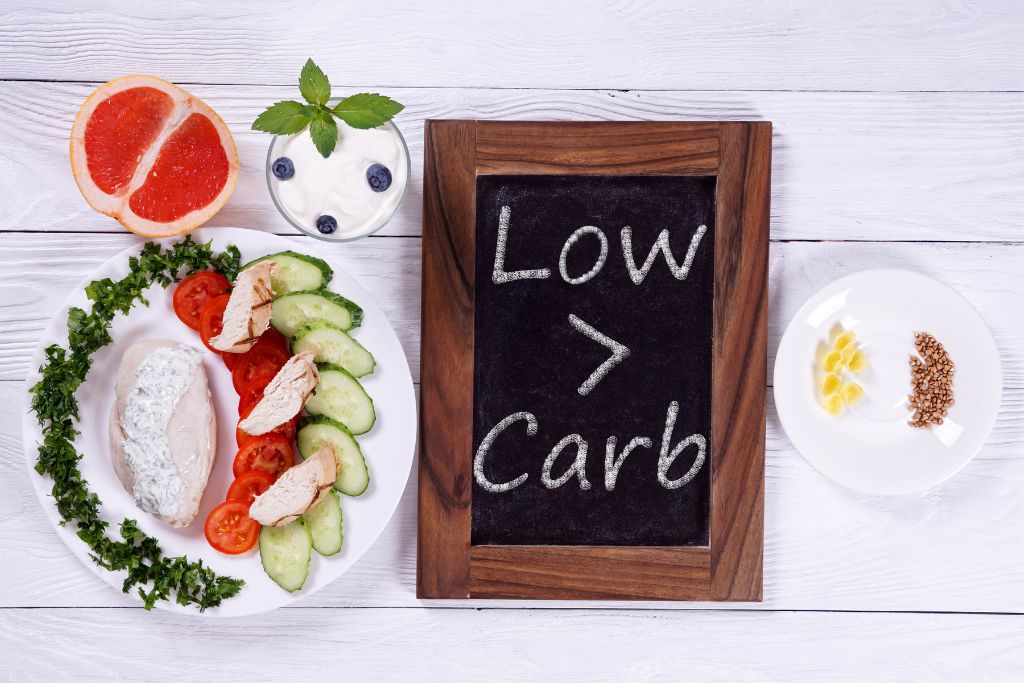The term “diets” refers to a variety of eating plans. These include low-carbohydrate diets, low-fat diets, high-fat diets, and plant-based diets. The diets can also include various types of fasting. However, the most popular diets in the past few decades have been low-carbohydrate and low-fat diets.
Plant-based diets
Plant-based diets are popular diets for a variety of reasons. They can help you lose weight, reduce inflammation, improve your mood and even reduce your risk of developing some diseases.
Plant-based diets are healthy diets that include lots of fruits, vegetables, nuts, and seeds. They’re also packed with protein and healthy fats. They can reduce your risk of chronic diseases such as heart disease, type 2 diabetes, and cancer.
In addition to the benefits mentioned above, a well-planned plant-based diet is safe for most adults. It can also help you manage your weight and lower your cholesterol.

Studies show that people who follow a plant-based diet have lower cholesterol levels and a lower risk of chronic diseases. Researchers believe that a plant-based diet reduces inflammation and promotes a healthier immune system.
Plant-based diets can also be helpful for the environment. They help to mitigate climate change. It’s been noted that the recent wildfires and record heatwaves have galvanized many people to consider how they impact the planet.
Low-carb diets
Low-carb diets are popular among people who want to lose weight. They have been shown to work, but they are not for everyone. While they have their benefits, they can also be a big energy drain.
The main concept behind the low-carb diet is to convince the body to burn fat instead of carbohydrates. This is accomplished by reducing the amount of insulin that the body produces. The reduced amount of insulin in the bloodstream promotes the burning of stored fat. This process also reduces the risk of chronic diseases such as diabetes and heart disease.

The best part about the low-carb strategy is that it is sustainable. You can follow this plan for years. It’s a great way to achieve and maintain a healthy weight. The trick is to make sure that you include a variety of foods in your daily meals.
There are many different types of low-carb diets. Most require consuming only 10-20% of your total calories from carbs.
High-fat diets
High-fat diets are often used to induce obesity in animal models. However, a high-fat, low-carbohydrate diet has been shown to increase HDL or good cholesterol. It also decreases high-sensitivity C-reactive protein, a marker of inflammation.

There are various dietary patterns, including Atkins, ketogenic, paleo, detox, and other variations. These regimens vary in their calorie counts, fat content, and other details. But, for the purposes of this article, we’ll focus on the low-carbohydrate, high-fat diet.
Unlike a ketogenic or Paleo diet, a low-carb, high-fat eating plan typically calls for less than half of your daily calories to come from carbohydrates. The benefits of this approach include decreased inflammation and a healthier serum lipid profile.

It’s no secret that a low-carbohydrate, high-fat diet is popular. It’s a lot easier to obtain and cheaper to prepare. There is even a slew of ethnic dishes that contain high-fat ingredients.
But a low-carbohydrate, low-fat plan isn’t without its drawbacks. For instance, you might find yourself experiencing gastrointestinal issues like constipation, bad breath, and muscle cramps. Thankfully, these are temporary problems and can be easily countered by making smart food choices.
Intermittent fasting
Intermittent fasting is a popular diet trend that involves going for extended periods of time without food. It is based on the concept that your body will not burn fat when you are digesting food. It can help you lose weight, but it is not suitable for everyone.
There are a number of reasons why intermittent fasting may not be a good fit for you. If you have a medical condition or are pregnant or breastfeeding, for example, you should talk with your doctor before starting. Also, it can be difficult to follow an alternate-day fasting plan long-term.

In order to lose weight and keep it off, it is essential to develop healthy eating habits. This will lead to improved cardiometabolic health, which includes weight, blood pressure, and cholesterol. It also helps reduce the risk of developing obesity-related diseases.
The best way to get the most benefits from an intermittent fasting diet is to eat a variety of foods. These include vegetables, fruits, and lean proteins. Including nutrient-dense foods can help stabilize blood sugar levels, prevent nutrient deficiencies, and improve your immune system.



